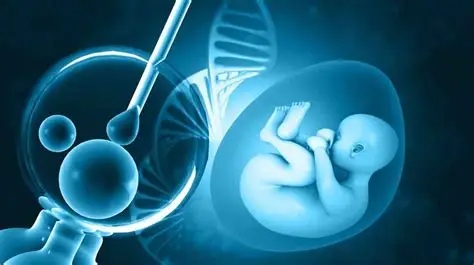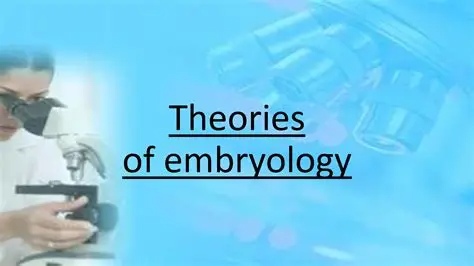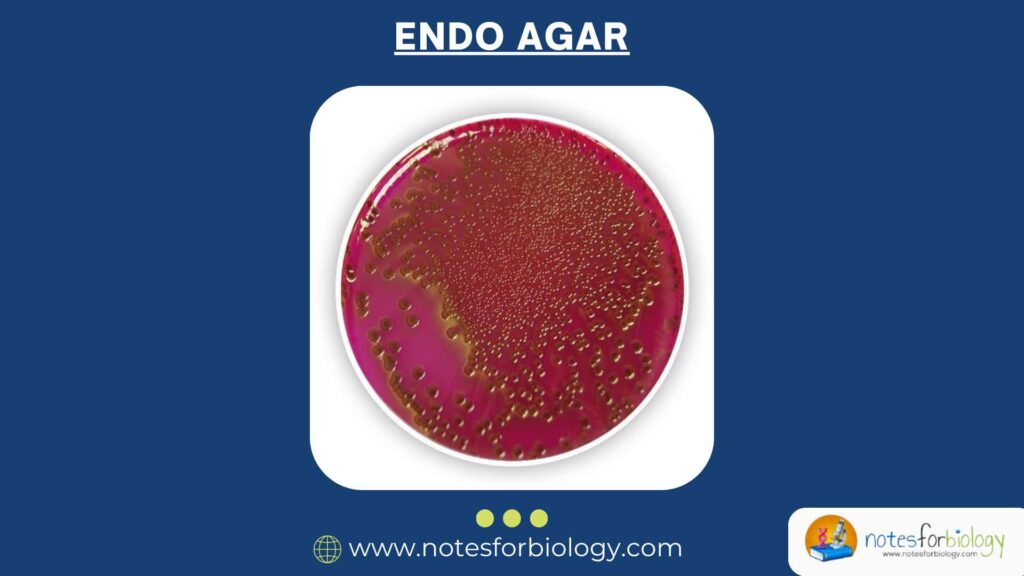Introduction
Embryology is the branch of biology that studies the formation, growth, and development of an embryo from the fertilization of the egg to the fetus stage. It is a field that provides insights into how organisms form and grow, including understanding congenital anomalies, birth defects, and developmental biology. It’s study is crucial not only in medicine and biology but also in fields like genetics, reproductive health, evolutionary biology, and regenerative medicine.

In this document, we will explore it’s history, the major theories that shaped it, its main fields and branches, its broad scope, career opportunities, and how it is used in real-world applications all written in a simple, clear, and humanized form.
Table of Contents
History

Ancient Foundations
The earliest ideas of embryonic development can be traced back to ancient civilizations:
- Aristotle (384–322 BC): One of the first to describe embryonic development in animals. He proposed two types of development: oviparous (egg-laying) and viviparous (live birth).
- Hippocrates and Galen: Offered medical insights into fetal development based on observations and dissections.
Middle Ages to Renaissance
- Embryology was largely speculative due to religious and cultural restrictions on human dissection.
- The Renaissance revived interest through anatomical studies by Leonardo da Vinci and Andreas Vesalius.
17th–18th Century: Preformation vs Epigenesis
- Preformation Theory: Belief that the embryo was pre-formed in miniature within the sperm or egg.
- Epigenesis Theory (Aristotle’s view): Proposed that organisms develop progressively from undifferentiated matter. Championed by Caspar Friedrich Wolff.
19th Century: Cellular and Germ Layer Discoveries
- Discovery of the cell and development of microscopy revolutionized embryology.
- Karl Ernst von Baer discovered germ layers (ectoderm, mesoderm, endoderm) and laid the foundation of modern embryology.
20th–21st Century: Molecular and Genetic Embryology
- Integration of genetics, molecular biology, and biotechnology advanced embryology into developmental biology.
- The use of model organisms like Drosophila melanogaster (fruit fly) and Caenorhabditis elegans has helped understand gene expression in development.
Theories of Embryology

1. Preformation Theory
Proposed that a miniature version of the organism already exists in the sperm or egg and simply grows larger.
2. Epigenesis Theory
States that organisms develop from a simple, undifferentiated mass, and new parts are formed progressively.
3. Germ Layer Theory
Introduced by von Baer; states that three primary germ layers (ectoderm, mesoderm, endoderm) give rise to all organs.
4. Cell Theory
Proposed by Schleiden and Schwann; emphasized that all organisms are made of cells, which are formed by division.
5. Mosaic Theory (Weismann)
Believed that specific determinants in the egg cytoplasm control the development of different parts of the embryo.
6. Regulative Theory
Suggests that embryonic cells have the capacity to regulate and adjust development based on environmental factors or loss of cells.
Fields and Branches
1. Descriptive Embryology
Focuses on observing and describing the sequence of developmental events.
2. Comparative Embryology
Compares embryonic development across different species to understand evolution and developmental patterns.
3. Experimental Embryology
Studies the effects of experimental manipulations (like gene knockouts) on development.
4. Chemical Embryology
Explores biochemical changes and molecular pathways that guide embryonic development.
5. Molecular Embryology
Focuses on how genes control the development of an embryo at the molecular level.
6. Teratology
Deals with the study of congenital malformations and the effects of teratogens (agents causing defects).
7. Clinical Embryology
Applies embryological knowledge in medicine, particularly in reproductive technologies like IVF.
It’s Scope
Embryology has vast scope and is interconnected with many biological and medical sciences:
- Human Development: Understanding normal and abnormal development of embryos.
- Genetics: Studying gene regulation and inheritance during development.
- Medicine: Insight into congenital diseases, infertility, and prenatal diagnostics.
- Stem Cell Therapy: Development of regenerative medicine and tissue engineering.
- Reproductive Health: Applications in fertility treatments, IVF, and contraception.
- Evolutionary Biology: Tracing the origins and adaptations of life forms through embryonic patterns.
Careers
Embryology opens doors to several scientific, medical, and research careers:
1. Clinical Embryologist
Works in fertility clinics to assist in procedures like IVF, sperm/egg freezing, embryo culture.
2. Developmental Biologist
Engages in research to understand mechanisms of development using animal models.
3. Reproductive Technologist
Specializes in handling reproductive tissues and diagnostic procedures.
4. Academic and Lecturer Roles
Teach and conduct research in universities, medical colleges, and research institutes.
5. Genetic Counselor
Provides guidance to families on inherited diseases related to embryonic development.
6. Biomedical Scientist
Studies cellular and molecular development to contribute to drug discovery and disease treatment.
7. Researcher in Stem Cell Biology
Works in labs focused on regenerative medicine and cell replacement therapies.
Applications and Uses
1. In Vitro Fertilization (IVF)
Embryologists help fertilize eggs outside the body, assess embryo quality, and assist in implantation.
2. Prenatal Diagnostics
Embryology aids in identifying genetic and chromosomal defects early in pregnancy through procedures like amniocentesis.
3. Gene Therapy
Insights guide gene editing technologies like CRISPR to correct faulty genes during early development.
4. Understanding Birth Defects
It is central in diagnosing and understanding causes of congenital anomalies.
5. Regenerative Medicine
Knowledge of stem cells from embryonic sources allows the creation of tissues and organs for repair.
6. Evolutionary Studies
Comparing embryonic stages across species shows common ancestry and evolutionary patterns.
7. Teratology Studies
Helps in identifying substances that cause birth defects and in educating the public about risks (e.g., alcohol, thalidomide).
8. Cloning and Genetic Engineering
Used in techniques like somatic cell nuclear transfer and editing of embryonic DNA for research and medical purposes.
Conclusion
Embryology is a dynamic and vital field that provides profound insights into how life begins, develops, and sometimes goes wrong. From ancient philosophers to modern geneticists, the quest to understand embryonic development has revolutionized medicine, biology, and biotechnology. Embryology is no longer just about embryos it’s about how we can use this knowledge to solve real-world problems: from curing genetic diseases to advancing fertility treatments and regenerative therapies.
As scientific tools and knowledge grow, so does it’s role in shaping the future of healthcare, genetics, and human life. For students and professionals alike, studying embryology opens the door to endless possibilities from lab discoveries to life-saving clinical applications.
Three Key Summary
- It studies the early stages of development, offering insights into human growth, birth defects, and reproduction.
- Its branches span from basic observation to high-tech gene editing, linking classical biology with modern biotechnology.
- Careers are diverse, ranging from clinical work in fertility centers to pioneering research in genetics and regenerative medicine.
Frequently Asked Questions (FAQs)
What is embryology?
Embryology is the study of how organisms develop from a fertilized egg to a complete organism, including tissues and organ formation.
Why is embryology important in medicine?
It helps doctors understand developmental disorders, congenital defects, and guide reproductive treatments like IVF.
Who can become a clinical embryologist?
Graduates in biology, biotechnology, or medicine can specialize in clinical embryology through postgraduate training.
Related Articles




